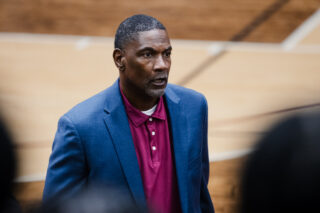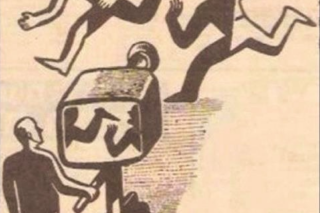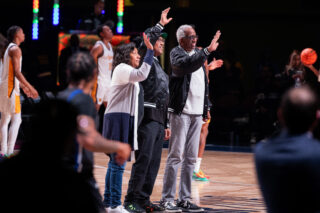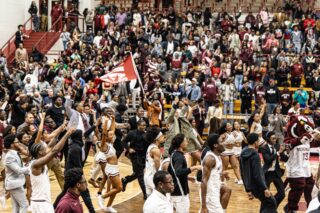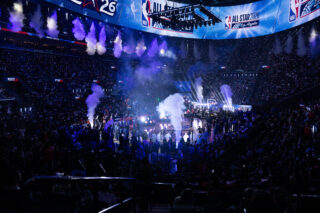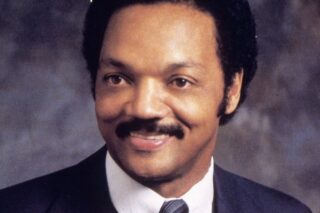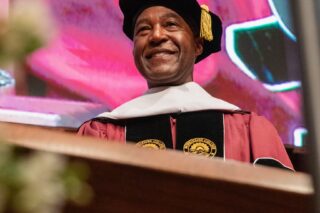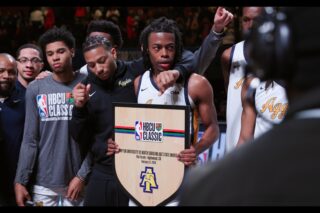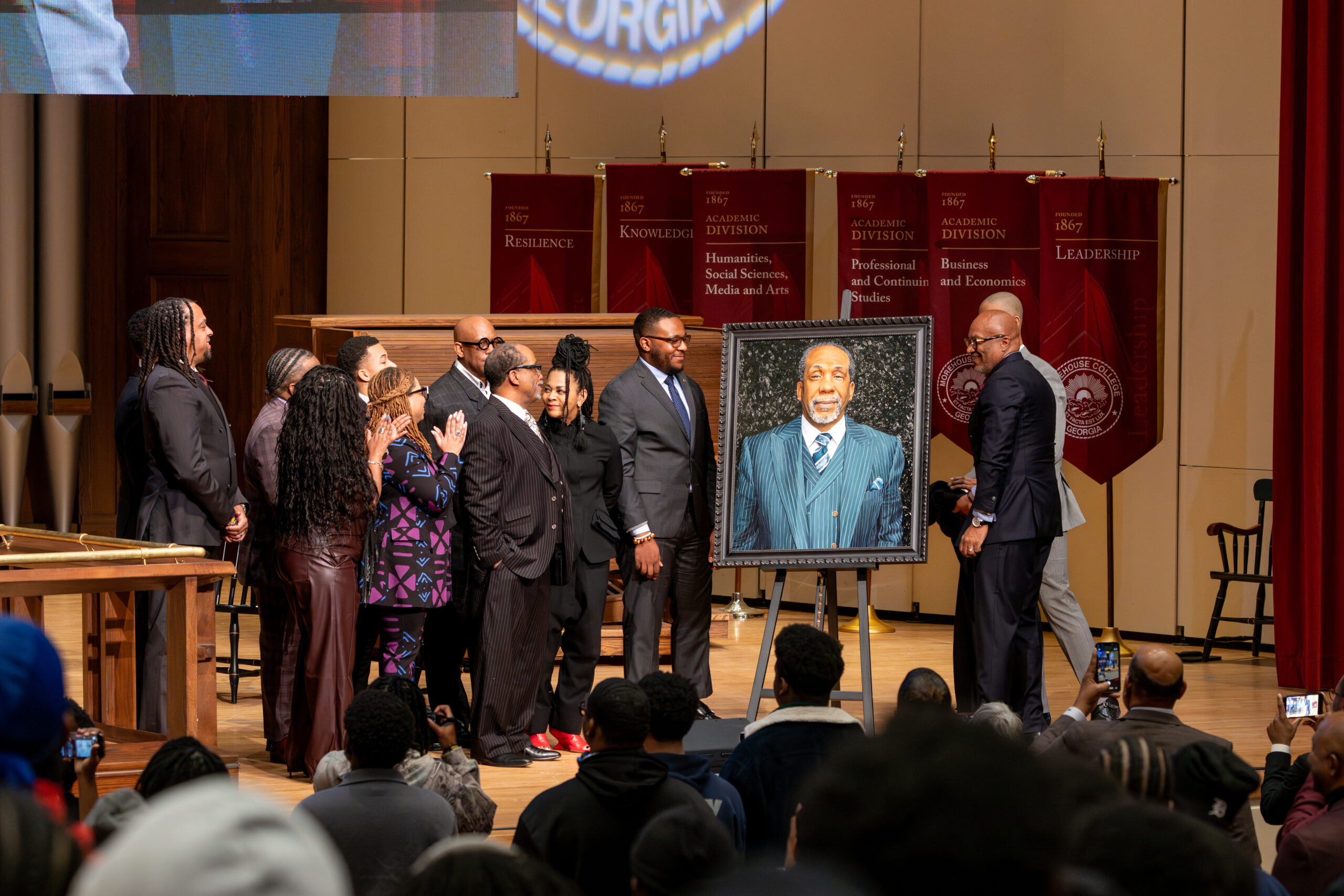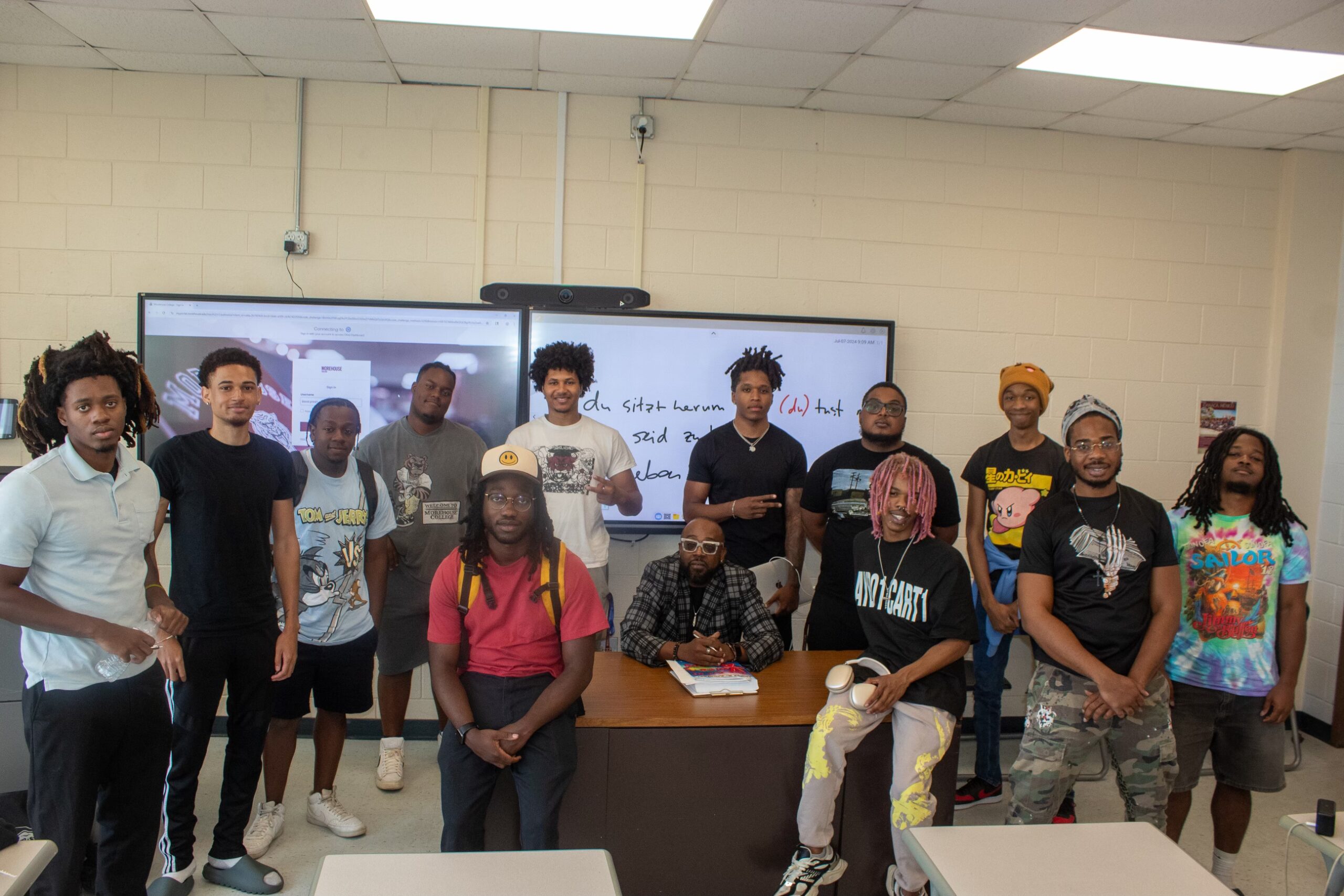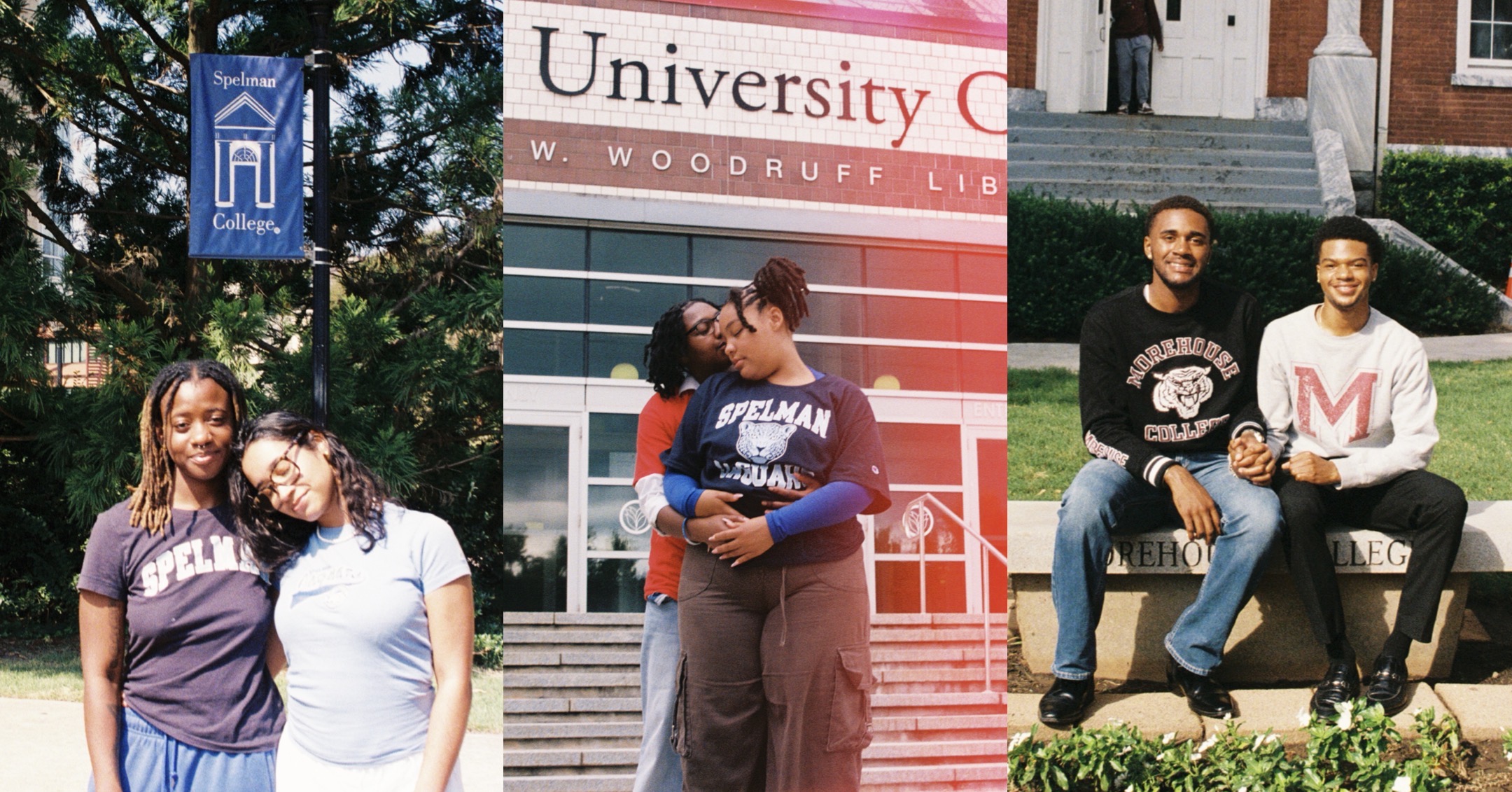By C. Isaiah Smalls II ’18
Reclining in his arm chair, Moses Few thought long and hard. It had been over 70 years since he left Booker T. Washington High School as an 11th grader. A struggling Morehouse College had opened up its doors to high schoolers during World War II and, after passing its early admittance exam, Few decided to enroll.
Few, however, wasn’t the only student at Washington to benefit from this policy. He wasn’t even the only 11th grader. A 15-year-old Martin Luther King Jr. would also skip his senior year to enroll at Morehouse in the fall of 1944.
At the age of 90, Few wasn’t afraid to share his real thoughts about the American icon:
“You know, I didn’t see Dr. King moving into that position,” Few said candidly. “He was always a very nice, friendly fella but when I read this letter in the paper that he had written at [17], then I realized he must of, at that time, had that in mind.”
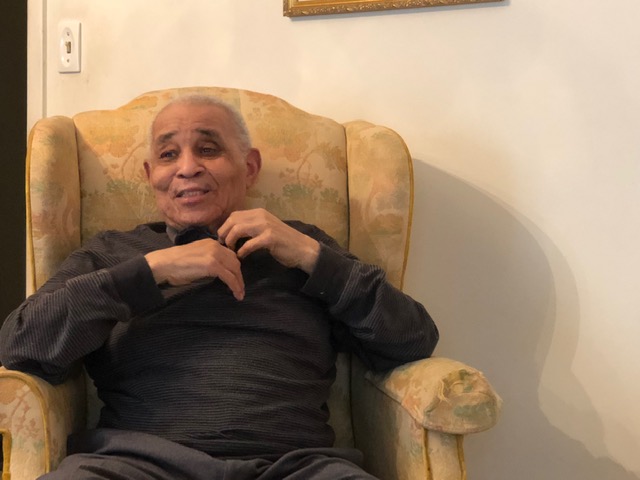
The letter Few referred to was penned by King in 1946 after a wave of lynchings struck the state of Georgia. King, a rising a junior at the time, decided to write a letter to the editor of the Atlanta Constitution in which he debunked the myths of interracial relationships:
“It is fair to remember that almost the total of race mixture in America has come, not at Negro initiative, but by the acts of those very white men who talk loudest of race purity,” King wrote. “We aren’t eager to marry white girls, and we would like to have our own girls left alone by both white toughs and white aristocrats.”
For classmate Samuel P. Long, King’s path came as no surprise: they had met through the debate team. At 95 years old, Long remembered a young man of fervency.
“He was very outspoken in his beliefs,” Long said. “He defended them vociferously.”
Still, King remained humble. He was kind. King’s compassion had always stood out to Few. Not able to cover the full cost of tuition, Few had to work during his time at Morehouse.
“Dr. King sometimes used to drive to school and he’d pick me up,” Few said. “I was at the bus stop, once or twice, and he’d pick me up and carry me downtown.”
This ultimately stood out because Few never once referred to him and King as friends. They never even took a class together. When asked whether King had any distinctive qualities, Long revealed a rather unusual attribute of a college student:
“He [possessed] just a contemporary knowledge of the world,” Long said, “[where] Morehouse fit in, where he fit in, where we fit in.”
But how could this be possible? King came to Morehouse just five months removed from getting his driver’s license. He graduated at 20. How did this teenager possess such an advanced knowledge of the world?

The obvious answer would be religion. King’s relationship with Christianity has been well-documented. His father was a minister. He ultimately became a minister.
Usually, that would be true. This level of generosity, however, extended far past the realm of religion. King was simply looking out for one of his brothers.
At his core, King was a Morehouse man. From his compassion to his fraternal instincts, King’s college years should be a blueprint for all students. If the Morehouse community has learned anything in the 51 years since his assassination, it should be that brotherhood and compassion will stand the test of time.

